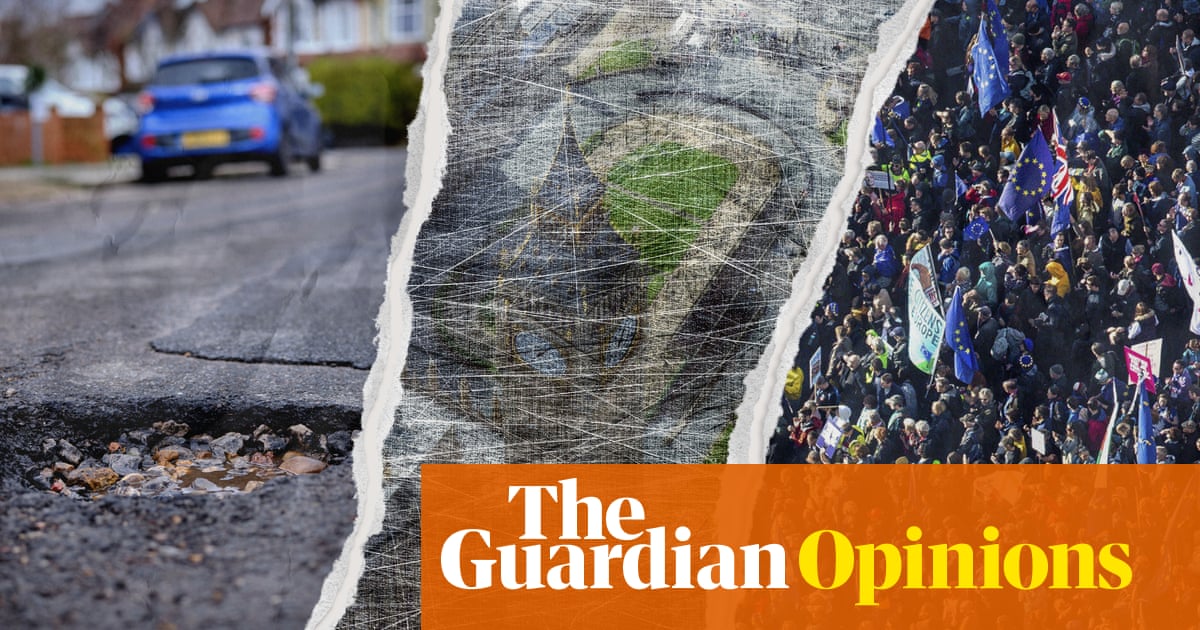
RIYADH — Women 20 (W20), the women’s engagement group to the G20, launched Wednesday a challenge to G20 leaders to live up to their promises of the past and close the gap between imagination and reality to make women’s economic equality a reality.
Laying out a set of key measures required to expedite the economic recovery from the COVID-19 pandemic, the W20 presented its Communiqué to Dr. Majid Al Qasabi, minister of commerce, chair of G20 Trade and Investment, representing the Presidency of the G20.
The W20 also presented recommendations to ensure the G20 achieve the UN Sustainable Development Agenda and the collective objective of a strong, sustainable, and balanced growth by supporting women’s social and economic empowerment.
With COVID-19 causing mounting problems around the world, and having a disproportionally negative impact on women, it is imperative to address the gendered impacts of the pandemic and ensure an inclusive recovery.
The COVID-19 pandemic provides an opportunity for G20 leaders to reset G20 economies by planning a recovery based on a principle of inclusiveness and an acknowledgment that the full and equitable participation of women in economic activity is critical to a faster socio-economic recovery.
Once adopted and implemented by G20 countries, the W20’s policy recommendations would act as enabling tools that would lead to a more gender equitable world.
“Unless urgent action is taken, the pandemic will continue to exacerbate gender inequalities, expose deep-seated vulnerabilities in social, political and economic systems, and roll back any gains made on women’s equality over recent decades. Once again, women will be disproportionately negatively impacted and left to bear the brunt of a multidimensional crisis,” said Dr. Thoraya Obaid, W20 Chair.
“G20 leaders need to act now. If not in this year, that has exposed the fissures in our cultures, policies, programs, and public services and how they support women, then when? If not now, as the whole world is faced with the uphill climb of economic recovery, then when?”
Key measures G20 leaders should take immediately to expedite economic recovery in the wake of the COVID-19 pandemic, and ensure inclusive economies going forward:
1. Ensure equal representation of women at all levels of decision-making in both private and public sectors.
2. Adopt gender-responsive fiscal planning informed by impact assessments, so pandemic recovery fosters an inclusive workforce.
3. Significantly increase investment in social infrastructure to create jobs and build resilience:
• Provide affordable and quality care for children, dependents, and elders.
• Increase availability of and access to high-quality healthcare.
• Ensure access to and participation of women and girls in education and training, including online.
4. Implement social and income protection mechanisms that capture all workers (in the formal and informal economies), with special attention to essential workers, the part-time or self-employed, and vulnerable groups—particularly those in low-income countries
5. Stimulate women’s participation in entrepreneurship by supporting the starting-up, scaling-up, and sustainability of women-owned businesses, particularly in ecommerce and the digital economy.
6. Increase access to digital technology for women and girls, with an emphasis on remote and rural areas, through investments in infrastructure, high-speed connectivity, and skills training.
7. Partner with public and private financial institutions to develop innovative and easily accessible digital financial products that increase women’s access to financial services.
8. Fund research and collection of sex-disaggregated data on the course of the pandemic.
The W20 is concerned about the lack of direct recognition so far by G20 Leaders of the impact the pandemic and national responses are having on women. So far, relief packages adopted by governments across the world and G20 statements fail to take into account the specific financial and institutional needs of women.
The delivered Communiqué is geared towards addressing these shortfalls and achieving sustainable and lasting change for women globally. — SG












